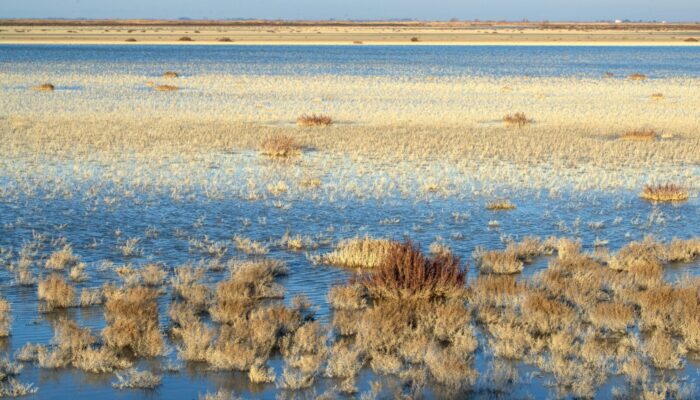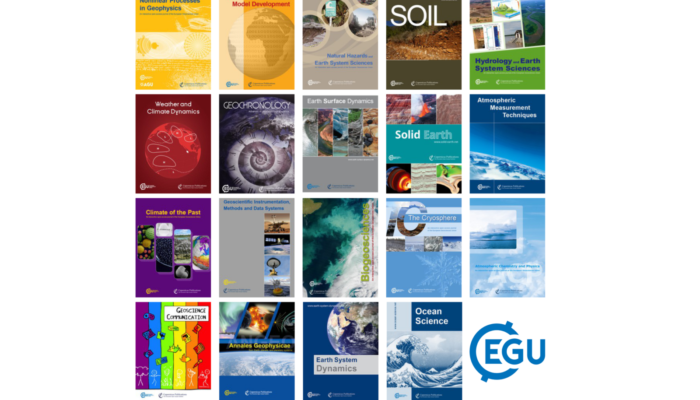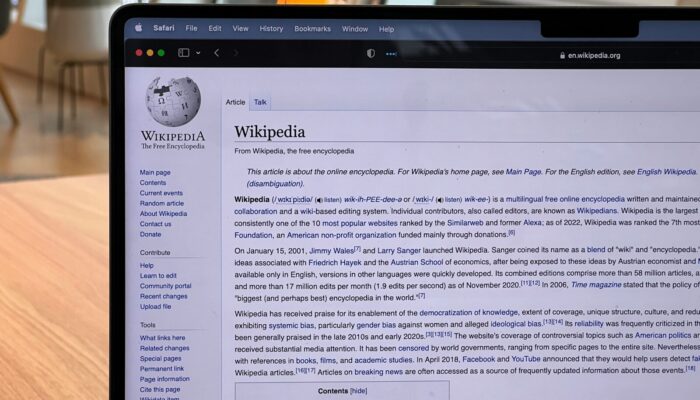Today marks World Wetlands Day, and this year, the theme is Wetlands and traditional knowledge: Celebrating cultural heritage. Each year, February 2 is a day dedicated to recognising wetlands as places that store carbon, protect water, and hold complex cultural meaning. Wetlands such as mangroves, salt marshes, seagrass beds, peatlands, and floodplains are extremely good at taking carbon out of th ...[Read More]
GeoRoundup: the highlights of EGU Journals published during January!
Each month we feature specific Divisions of EGU and during the monthly GeoRoundup we put the journals that publish science from those Divisions at the top of the Highlights section. During this month, we are featuring Planetary and Solar System Sciences (PS) and Earth and Space Science Informatics (ESSI). They are represented by the journals Geoscientific Model Development (GMD), Annales Geophysic ...[Read More]
25 years of Wikipedia: The only thing more layered than the Grand Canyon!
The year was 2001. A time before smartphones, before social media took over, and back when scrolling usually involved a physical microfilm reader at the library. On January 15 of that year, something revolutionary erupted onto the scene: Wikipedia was launched. As we celebrate its 25th anniversary, it’s time we come clean. While we might tell our professors we spent all night elbow-deep in the pri ...[Read More]
More than just a cat: How Schrödinger invented modern Earth science
Did you know that yesterday, Sunday, January 4, 2026, marked 65 years since Erwin Schrödinger passed away? While the internet loves him for his cat in a box thought experiment, Geoscientists love him for something much more practical: the equation. Many of us have spent decades debating the health of a hypothetical feline in a box (I remember watching this episode of the Bing Bang Theory and think ...[Read More]




